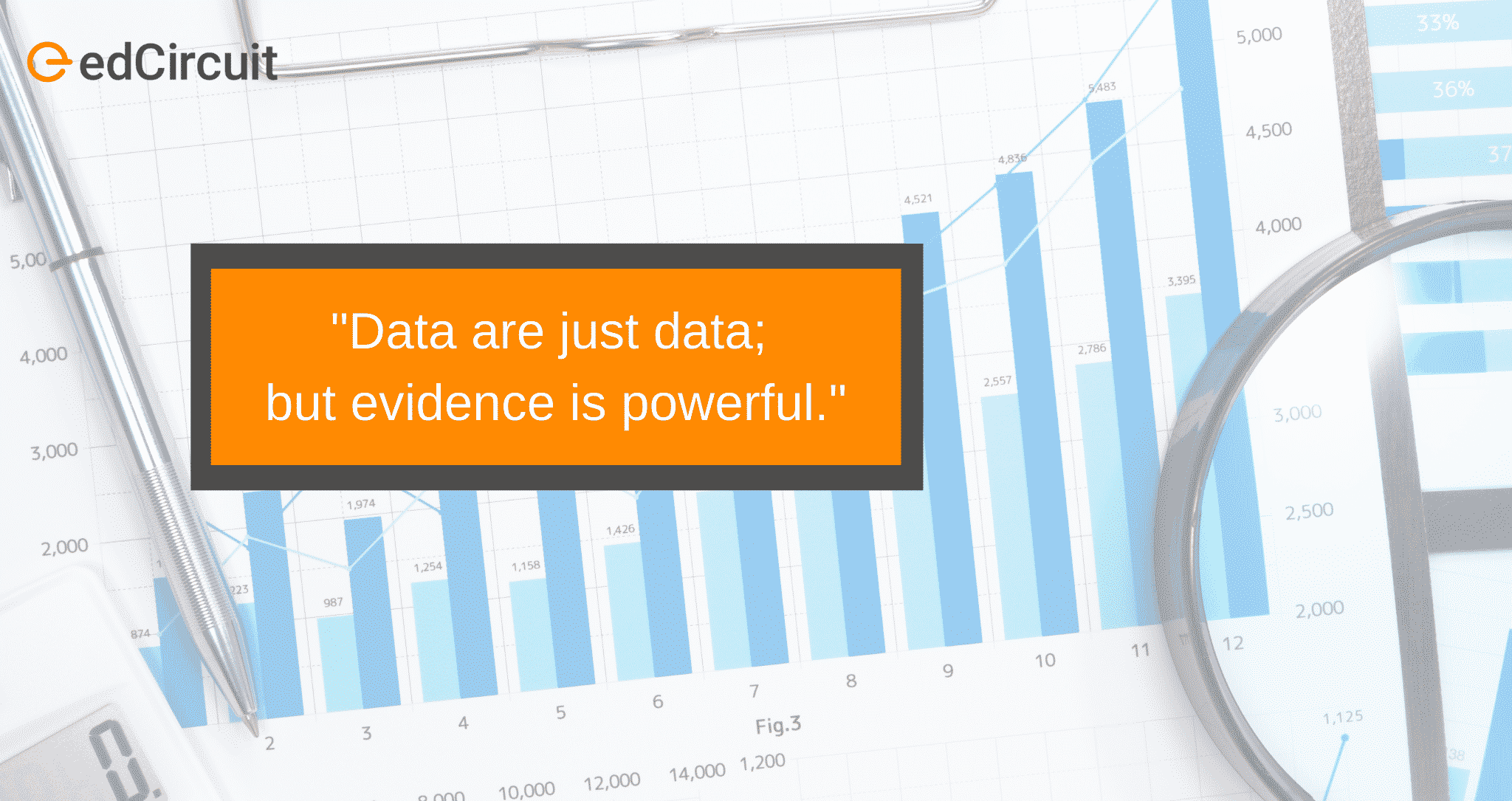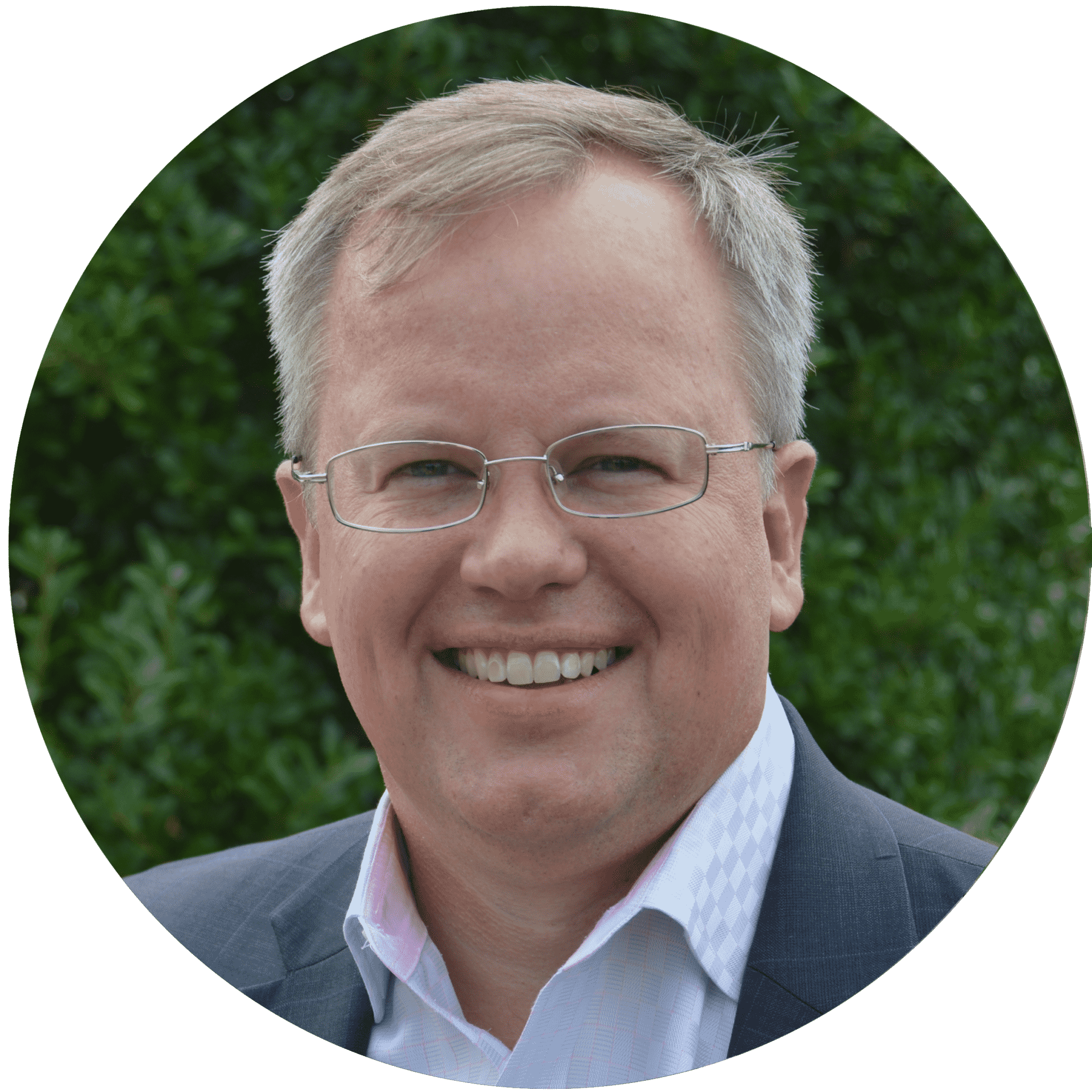“Data rich and information poor” is the adage — that is, all the data in the world (which is what all this technology promises), without the capacity to analyze and reflect on what the data are telling us, or the will to apply that knowledge to future actions, is fruitless, a missed opportunity, or worse. Data are just data; but evidence is powerful.
Over the last six years, LearnPlatform has partnered with education organizations to improve the overall effectiveness of their education technology ecosystems. We have long been fascinated by what data are practical and useful for informing equity, engagement, efficiency and effectiveness and how we can equip others to turn data into information and evidence that can be leveraged to make better decisions moving forward. This has always been important, but never more so than right now, as education leaders across the country find themselves forced to chart a path forward after a year of disruption related to the pandemic and resulting explosion in edtech use (by the way, districts can learn just how much edtech is being used by students and teachers in their community by claiming their free Inventory Dashboard).
Some of the data we have analyzed over the last year, and now make available in our National EdTech Equity Dashboard, shows that digital learning equity gaps since COVID have expanded and persisted for students across the country.
Education organizations, whether at the local, regional or state level, need to have the ability to turn their data into meaningful information and, ultimately, knowledge and evidence, as well as the tools and culture to act on it.
In a two-part podcast series, part of The CoSN Podcast, district leaders from Oak Park Elementary School District 97 in suburban Chicago and Highline Public Schools near Seattle, share how they use their districts’ evidence on an ongoing basis to inform their plans and advance their district strategies.
In the case of District 97, district superintendent Dr. Carol Kelley, shares how a strong district vision, formulated in 2016, is the driving force behind everything they do. This vision, to “create a positive learning environment for all District 97 students that is equitable, inclusive and focused on the whole child” guides all district conversations, including those about education technology.
For Michael Arensdorff, District 97’s senior director of technology, this has meant translating both qualitative data — including feedback on what’s working from teachers and students — and quantitative data — on edtech usage and academic growth — into evidence that their district use of edtech is meeting this vision, adjusting plans when needed, and evaluating progress over time.
In episode 2, Mark Finstrom, the chief technology officer for Highline Public Schools, reflects on the trends he saw emerge over the last year and what they mean for procurement, professional development and more in the coming years.
In particular, he shares how having a robust digital tool process review in place helped to keep things in check when teachers started going outside the process to find tools to fill gaps early in the pandemic. He also talks about being mindful of considering data in context and avoiding meaningless data overload. Again, having a clear process in place to vet products and using evidence to incorporate them into classrooms, has made it easier for Highline to access, interpret and apply the data they have coming in.
There is no going back to pre-pandemic times. The question these district leaders are actively working to answer is how can we build on the knowledge, supported by evidence informed by the data we have amassed, to ensure we move forward from here.
Catch up with Episode 1 of the CoSN Podcast.
- edCircuit –
- edCircuit –
- edCircuit –





